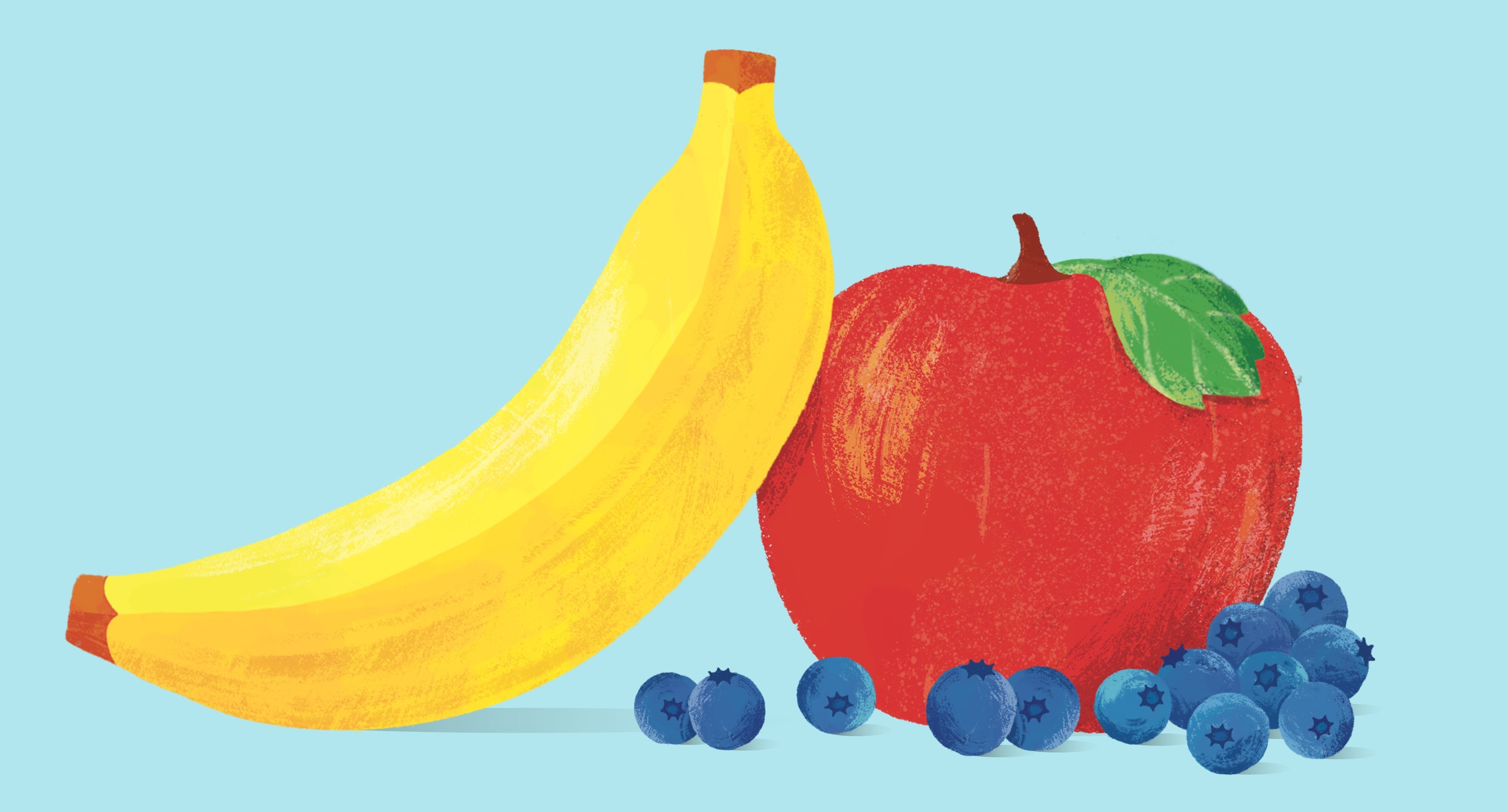It's important for parents to understand the different types of sugars and their impact on their children's health. While sugars are a natural part of many foods, excessive consumption can lead to various health issues. Sprout aims to shed light on the different kinds of sugar and provide guidance on what amount of sugar is considered appropriate for children.

Understanding Different Types of Sugar
Naturally Occurring Sugars
Fructose: Found in fruits, vegetables, and honey.
Lactose: Present in milk and dairy products.
Sucrose: Common table sugar derived from sugar cane or sugar beets.
Added Sugars
High-Fructose Corn Syrup (HFCS): Frequently used in processed foods and beverages.
Table Sugar: Granulated sugar commonly added during food preparation.
Syrups (e.g., maple syrup, agave nectar): Added for sweetness in various products.
The Impact of Sugar on Children's Health
Dental Health: Excessive sugar consumption increases the risk of tooth decay and cavities in children.
Weight Gain and Obesity: Sugary foods and beverages contribute to excessive calorie intake, leading to weight gain and an increased risk of childhood obesity.
Nutritional Deficiencies: Consuming excessive amounts of sugary foods can displace nutrient-rich foods from a child's diet, potentially leading to nutrient deficiencies.
Chronic Diseases: High sugar intake is associated with an increased risk of developing conditions like type 2 diabetes, heart disease, and fatty liver disease in the long run.
Recommended Sugar Intake for Children
The American Heart Association (AHA) provides guidelines for added sugar consumption in children:
Children aged 2-18: Limit added sugar intake to less than 25 grams (6 teaspoons) per day.
Children under 2: Avoid added sugars altogether.

Tips for Reducing Sugar Intake
#1 Read Food Labels: Check for added sugars in ingredient lists and aim for products with lower sugar content.
#2 Encourage Whole Foods: Provide a diet rich in fruits, vegetables, whole grains, and lean proteins to minimize the consumption of processed foods.
#3 Limit Sugary Beverages: Substitute sugary drinks with water, flavored water, or milk.
#4 Snack Smart: Opt for fresh fruits, unsweetened yogurt, or homemade snacks instead of sugary treats.
#5 Be a Role Model: Children often imitate their parents' eating habits, so make a conscious effort to reduce your own sugar intake.
Understanding the different types of sugars and their impact on children's health is crucial for parents. By being aware of the recommended sugar intake and implementing strategies to reduce added sugars in their children's diets, parents can play an active role in promoting healthier eating habits. Remember, moderation and a focus on whole, nutrient-dense foods are key to ensuring your child's well-being and long-term health.

Sprout 💜 Snackin’
Need some on-the-go snack options that are high on flavor and low in added sugar? Our Strawberry PB&Yayz and CoComelon Snack Bars are a fan favorite with zero grams added sugar!

